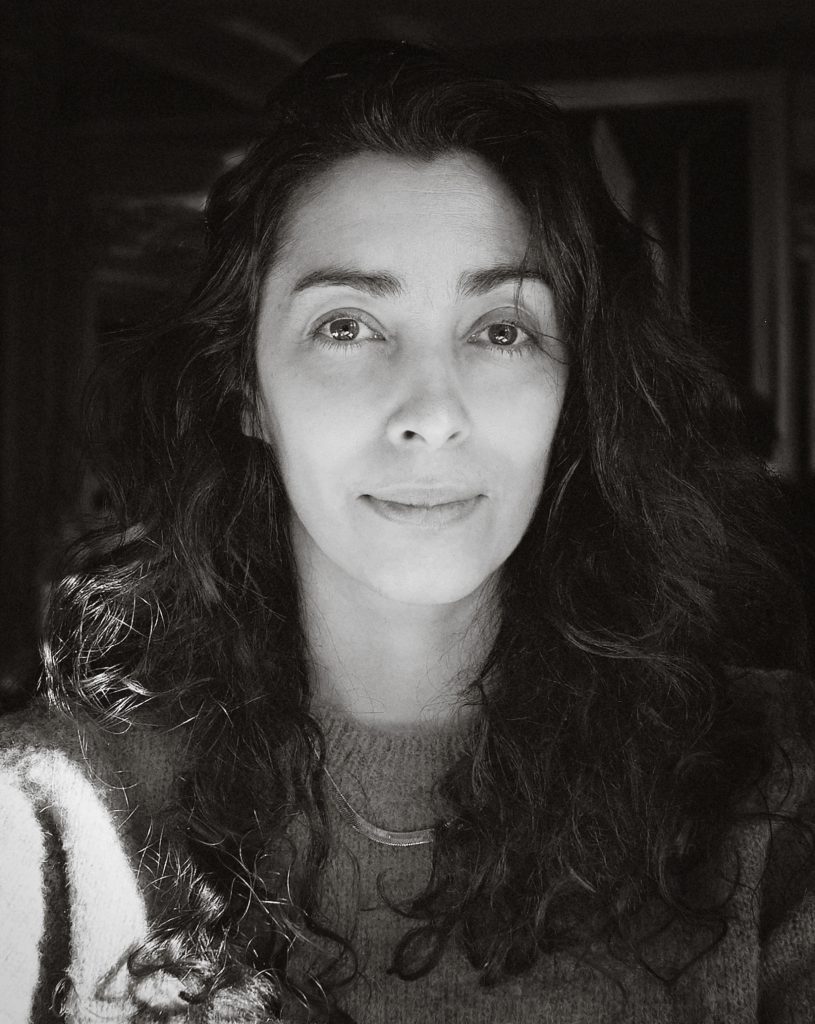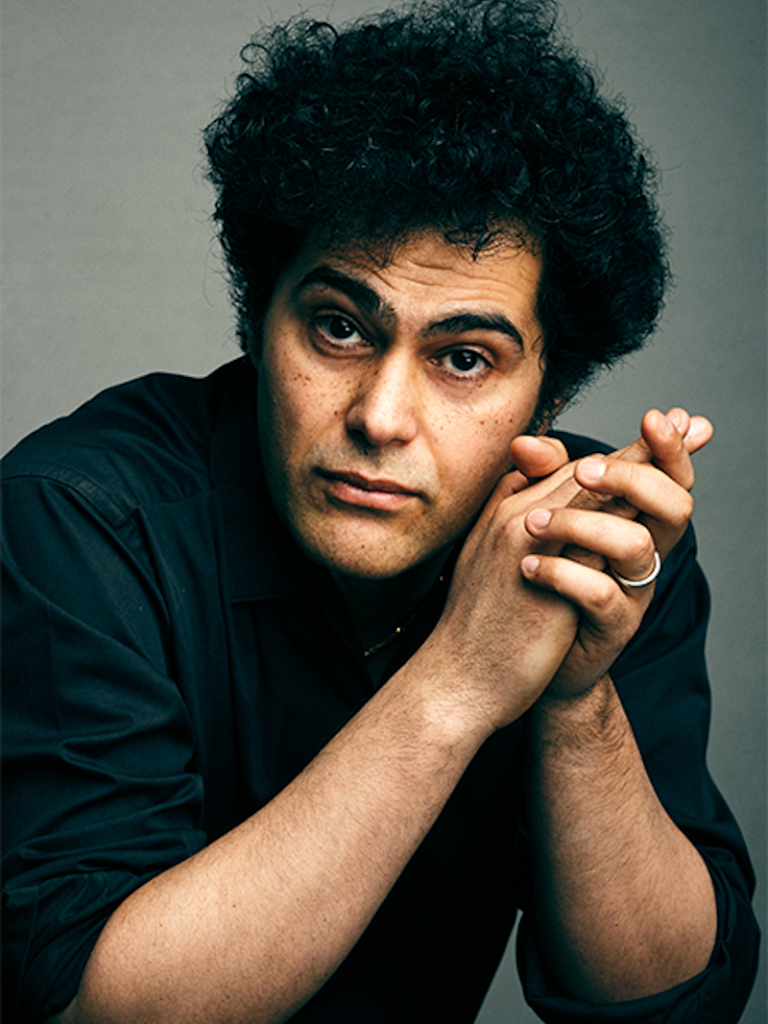Khashayar Naderehvandi and Negar Naseh will speak about writing and share reflections about revolutionary Iran. The talk will be moderated by Hanna Nordenhök
Language: Swedish
Saturday 25 march, 15.30
Uppsala Stadsteater
In the fall of 2022 no less than four books by Swedish authors with Iranian roots were published. And there are more acclaimed authors in Sweden of Iranian origin who are now deeply shaken by the popular protests and the regime’s brutal retaliation. What happens to creativity, thinking and writing when one’s parents’ homeland or one’s own past homeland is in a state of revolt? Two writers who came out with new books this fall visit the festival: Negar Naseh och Khashayar Naderehvandi.
Negar Naseh, who is a medical doctor here in Uppsala, has in her third novel A Hand Full of Wind (En handfull vind) created an epic story moving across decades. It takes its start in Teheran in 1978 where a mother and her son witness the increasing revolts against the Shah’s regime. It is full of love of the Persian language and the cultural landscape of Iran even if Naseh was born in Sweden and has never been able to visit her parents’ home country. But the novel is also an interrogation of Iran’s bloody history and is dedicated to the thousands of political prisoners who were assassinated in the mass executions in 1988. En handfull vind was released just shortly before the recent executions of political opponents in Iran.
Khashayar Naderehvandi is a poet, novelist, literary critic and researcher in literature who has published two collections of poetry and two novels. The latest novel Revenants (Hemsökelse) came out this fall. “My novel is not about Iran, yet it wouldn’t have taken this shape if it were not for me and my background,” Khashayar Naderehvandi notes. “The Iranian Revolution is nowadays part of the Swedish collective memory, since there are so many of us here,” he says. Khashayar Naderehvandi was born in Iran where he spent the first six years of his life. When he debuted eleven years ago his mother said about his collection of poetry If the Moon Could be Seen at All (Om månen alls syntes): “Luckily we don’t live in Iran because then you would have ended up in the Evin prison.” In a longer article in Dagens Nyheter Naderehvandi writes about faith and the alternative life that never could be realized when he was forced to flee Iran.
Khashayar Naderehvandi and Negar Naseh will speak about writing and share reflections about revolutionary Iran. The talk will be moderated by Hanna Nordenhök, also an award-winning writer, translator and literary critic, who’s fourth novel Wonderland (Underlandet) will come out this spring.
Language: Swedish
Saturday 25 march, 15.30
Uppsala Stadsteater



